Washington, 14 Dzulqa’dah 1435/9 September 2014 (MINA) – U.S. President Barack Obama spoke with Australian Prime Minister Tony Abbott and United Nations Secretary General Ban Ki-moon Monday evening to discuss the coalition against Islamic State fighters.
As the IS have established bases in Syria and recruit foreign fighters from dozens of countries, including several from the West, the U.S. and Europe, western powers have been in search of a global and regional coalition to fight and uproot the armed group’s threat in the Middle East.
According to a White House statement, Obama thanked PM Abbott for Australia’s contributions in the form of humanitarian air drops in northern Iraq and logistical support of resupply missions, Anadolu Agency quoted by Mi’raj Islamic News Agency (MINA) as reporting.
The two leaders reportedly discussed the need to continue addressing both the ongoing humanitarian situation as well as the threat the Islamic State militants pose to Iraq and the broader region.
Also Read: Trump, Mamdani Aim for Cooperative Relationship After White House Meeting
“The President underscored that the United States will continue to coordinate closely with Australia on ISIL (Islamic State of Iraq and the Levant) and other national security priorities,” the statement said.
Obama and the United Nations Secretary-General Ban Ki-moon also discussed a broad coalition to deal with the IS. During a phone call on Monday, the leaders agreed on the need for a broad coalition to counter the Islamic State and to continue humanitarian assistance to civilians under threat in Iraq.
Additionally, U.S. officials have contacted all relevant leaders in an effort to form a broad coalition against the IS.
U.S. Vice President Joe Biden on Sunday spoke with the leader of the Iraqi Kurdish regional administration, Masoud Barzani. According to a White House statement, Bİden and Barzani discussed the ongoing efforts to complete the formation of the Iraqi government.
Also Read: Trump to Meet with NYC Mayor-Elect Mamdani at White House on Friday
“The vice president emphasized the urgency of work to put in place a new government as quickly as possible,” the statement said.
Furthermore, Obama announced last week that U.S. Secretary of State John Kerry will travel to several countries to form an international coalition to help the Iraqi army as well as the Kurdish forces in Iraq and the moderate opposition in Syria. On Tuesday, Kerry pays a visit to Jordan and Saudi Arabia.
State Department Spokeswoman, Jen Psaki, noted in a briefing that while traveling in the region, Kerry will also consult with key U.S. partners and allies on fighting the IS. She said that more than 40 countries have contributed to U.S. efforts in Iraq, including providing humanitarian assistance, and in arming the Kurds.
She also noted that there would possibly be additional stops in Kerry’s travel. “It is also possible he will see other leaders in some of these countries as well,” she said.
Also Read: Report Exposes Canada’s Role as ‘Weapons Transit Corridor’ for Israel
Kerry, on Sunday, discussed strategy against the militants with the Secretary General of the Arab League Nabil Elaraby, ahead of the Arab League summit. According to a senior State Department official, they discussed the need for the Arab League and its members to take a strong position in the coalition that is developing against the armed group.
In his phone call with Elaraby, Kerry underscored the importance of decisive action to stop the flow of foreign fighters, to counter the financing of the IS, and to combat its incitement.
He also noted that fighting the IS would require “a holistic approach” that will take time, persistence; and require combining military, law enforcement, intelligence, and economic and diplomatic tools.
“Both leaders also recognized that Iraq is on the front line in the war against ISIL, and that Iraq, the United States, the region, and the international community must stand together to assist Iraq in facing this threat,” said a senior official.
Also Read: Trump Designates Saudi Arabia as Major Non-NATO Ally in Historic Defense Pact
The United States has conducted a total of 148 airstrikes across Iraq on IS targets since President Barack Obama authorized the military to carry out an air campaign in early August. (T/P001/P3)
Mi’raj Islamic News Agency (MINA)
Also Read: Saudi Arabia to Boost US Investments to $1 Trillion: Crown Prince





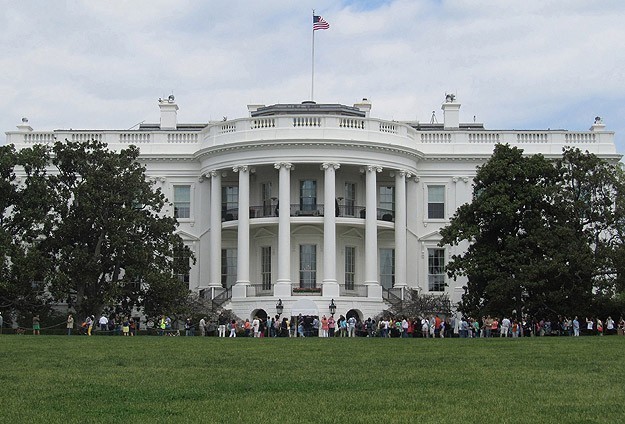



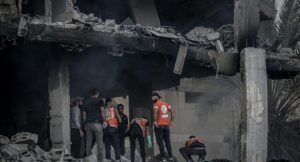


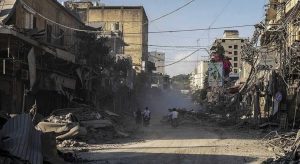


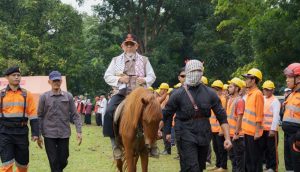
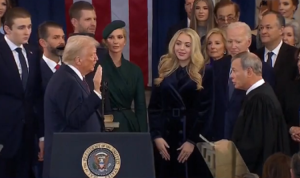

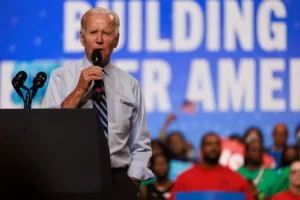
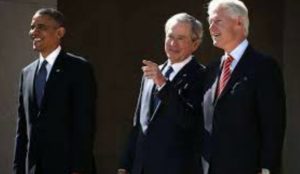
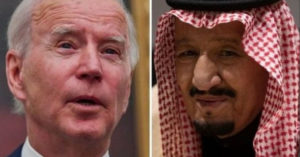
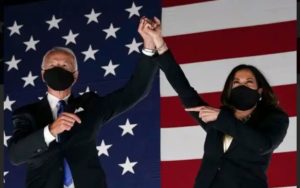







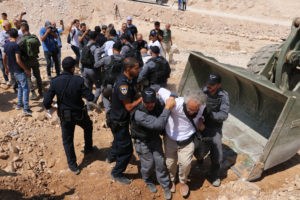






 Mina Indonesia
Mina Indonesia Mina Arabic
Mina Arabic